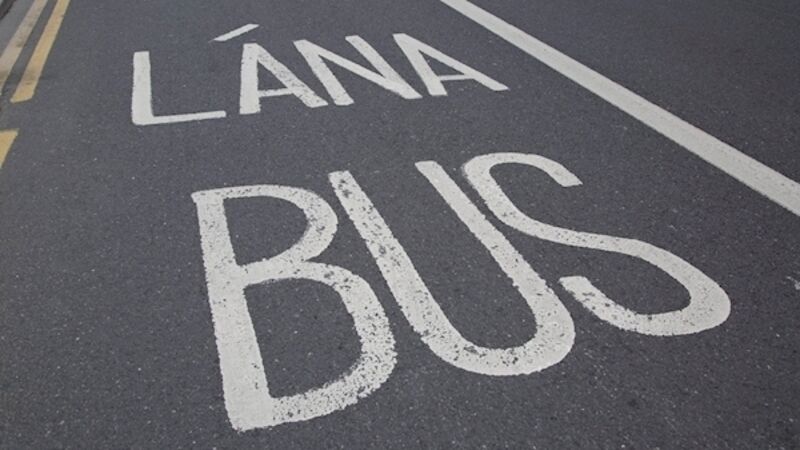Is breá liom Gaeilge but we should dump it as a core subject

In his epic March 2011 Vanity Fair piece on the Irish financial crash, Michael Lewis made many fascinating observations about our funny little ways.
The sort of observations that only an outsider can make. But one, in particular, stood out and I have remembered it since: “The first thing you notice when you watch the Irish parliament at work is that the politicians say everything twice, once in English and once in Gaelic. As there is no one in Ireland who does not speak English and a vast majority who do not speak Gaelic, this comes across as a forced gesture that wastes a great deal of time. I ask several Irish politicians if they speak Gaelic, and all offer the same uneasy look and hedgy reply: ‘Enough to get by’.”














